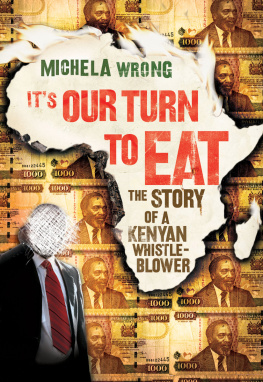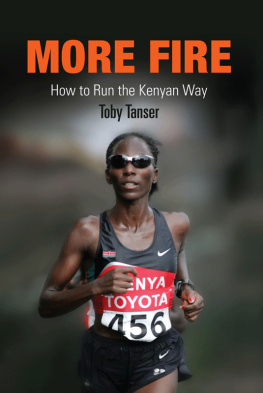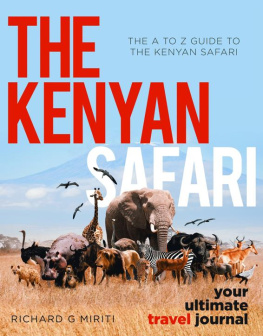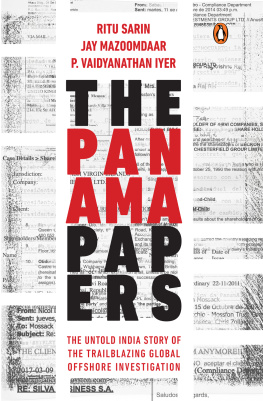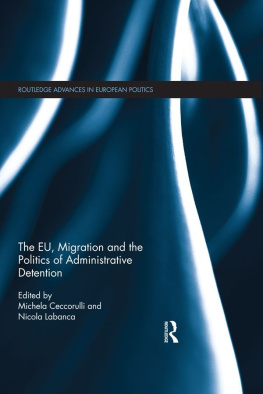It was early evening, that time when the traffic jams that clog the Kenyan capital of Nairobis arteries for most of the working day reach their apogee.
Down below, thousands of honking matatu minibuses, drivers hyped on adrenalin and pent-up frustration, were doing their best to get their passengers home. Fighting for space against the lumbering public buses, sagging like old mattresses under the weight of their clientele, the customised Toyotas and Nissans jerked in fits and starts across the crumbling roundabouts, their touts leaning out of half-open doors to wheedle and abuse, pounding on the bonnets of encroaching cars in a manner more bullying than friendly. Choking on the black fumes pumped from hundreds of over-revved, under-serviced engines, blue-uniformed policemen struggled to keep the flow moving.
On the fifteenth floor of the Ministry of Finance, however, the beeps and angry shouts were barely audible. Most of the messengers, clerks and secretaries, keepers of the ubiquitous departmental Thermos of tea, had abandoned their perches behind the varnished wooden partitions, silence was creeping in to take their place. From this elevation, the world below seemed calm and peaceful, lent tranquillity by the approaching chill of evening. Wheeling in cooling eddies of warm air, kites traced monotonous circles high above, like black smuts whirling over a dying fire. Even higher above them gracefully looped Nairobis sinister valkyries, the marabou storks, hardworking scavengers of the nearby slums.
From up here, the historic landmarks of the city centre, so grubby at street level, looked almost pristine. One side of the ministry gazed south-east, across the rusting, dilapidated entrails of the giant railway depot that was both the city and the countrys original raison dtre : for Nairobi was the spot where British railroad engineers paused to gather their material, manpower and energies before flinging their ironware up and over the escarpment and dizzily down into the Rift Valley, aiming at the giant lake lying at the continents alluring heart.
Beyond stretched the hangars and godowns of the Industrial Area, the capitals main airport and the savannah expanse of Nairobis game park, hemmed in by the dry Ukambani hills, where the odd feather of grey smokesome peasant clearing landplumed skyward. The other side of the ministry looked across Harambee Avenue, past the colonnaded Law Courts, towards the clock tower of Parliament Buildings, City Hall and the conference complex named after Jomo Kenyatta, once dubbed a leader unto darkness and death by a British official, now honoured as the nations founding father. The small dots moving about on the esplanade below were Kenyan sightseers, come to have their pictures taken in front of the late presidents seated statue, which showed him in chieftains cap, flywhisk in hand. Beyond the square one could glimpse the lawns of Uhuru Park, where Mwai Kibaki, Kenyattas former finance minister, had been inaugurated president eighteen months earlier. From up here, the park seemed the green and pleasant public garden its planners had originally envisaged, rather than what it had become in the intervening years: open-air toilet, haunt of roaming muggers, resting spot for the homeless and exhausted.
Inside the ministers office, three men sat locked in intimate conversation: the finance minister himself, a pudgy septuagenarian with a spray of whitening hair; the justice minister, a former human rights campaigner with an acne-scarred complexion and a womans pulpy lips; and a third player, a barrel-chested, trunk-necked lumber-jack of a man who looked ready to burst from his suit at any moment. What the three were discussing was so engrossing, they were barely aware of their surroundings.
And then it happened. The giant suddenly became aware of a metallic whisperingWhat was that? His stomach lurched as he realised that tinny, tiny sound was coming from his own midriff. He could barely believe it. The recorder he had taped to his stomach, its wire lead and microphone stuck to his breastbone, had somehow switched into play mode. The voices of the two men before him were now being relayed back, potentially exposing him as what he was: spy, sneak, mole.
He coughed loudly, spluttered, coughed again, hoping to drown out the noise. In a booming voicehis voice always boomed, they would find nothing strange in thathe excused himself, lurched out of the ministerial office, and headed swiftly down the gloomy corridor, aiming for the gents. Inside the cubicle, hands trembling with adrenalin, he adjusted the device. How on earth had that happened? He was tempted for a moment to abandon this particular attempt. Perhaps Fate was telling him not to push his luck any further. But no, might as well be consistent. He had already crossed the line, transgressed in ways that most of his fellow countrymen would have never dreamed possible and many would never forgive. Might as well see the thing through. Routine was important, it lent shape and definition. He put the device back into record mode, carefully adjusted his shirt. He splashed some cold water on his face, took a few deep breaths, and walked back into the office.
He scoured his two colleagues faces for signs of suspicion. If they had noticed what had happened, he could expect to be arrested that night, his office sealed, staff sent away, files seized, house raided. But the two men hardly looked up. His pounding heartbeat became more sedate. Either they were Kenyas most consummate actors, or they had barely noticed that he had left the room, let alone picked up the whisper emanating from his chest. Cautiously, he resumed his seat. Leaned forward to include himself in the conversation. The recorder was running again. That night he would do what had become a daily chore, summarising the evenings conversation in one of his black Moleskine notebooks, downloading the discs contents onto his computer, emailing the file in codified form to a friend abroad. Another piece of evidence collected and logged, his insurance against the coming storm. It would all mount up.




